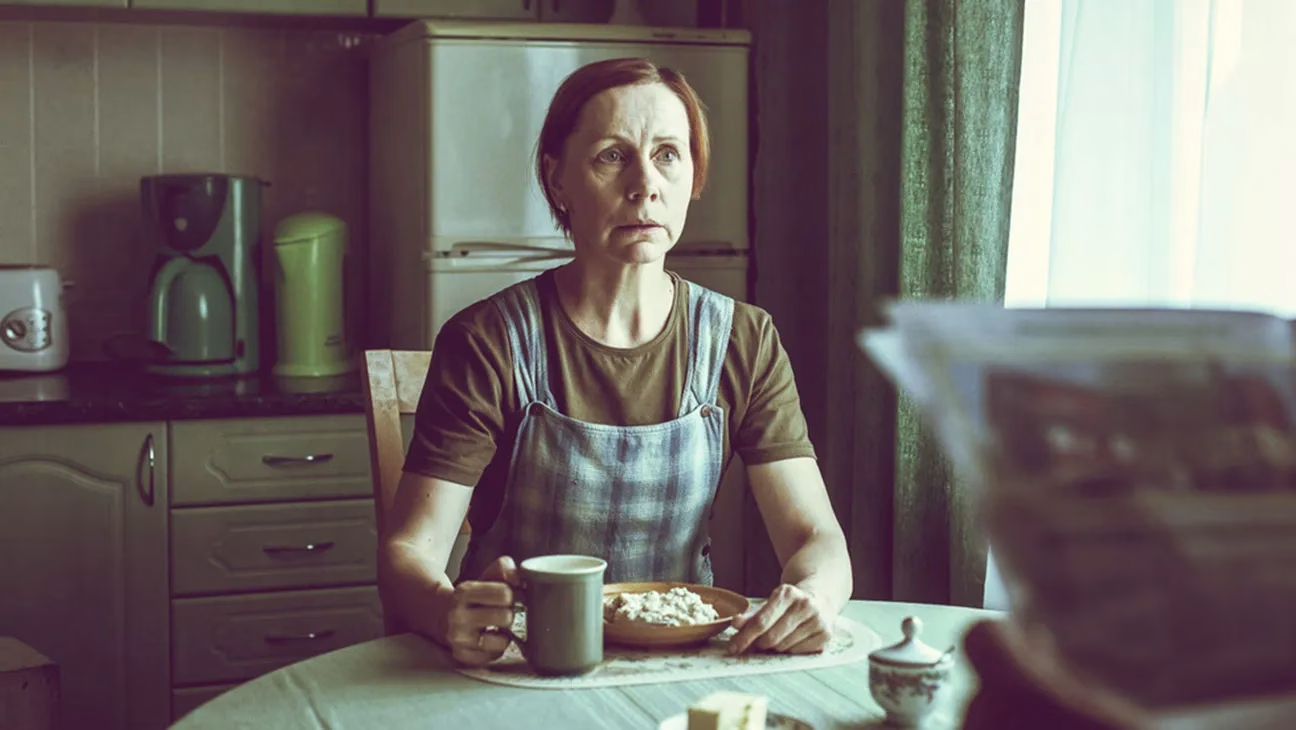Portrayals of motherhood and mental health in cinema have often been misleading, presenting problematic stereotypes. Characters like Dolores from Shutter Island, played by Michelle Williams, or Rosemary in Roman Polanski’s Rosemary’s Baby, as well as Joanna from Kramer vs. Kramer, played by Meryl Streep, reflect outdated and simplistic views that ignore the complexities of maternal mental health.
However, a new wave of films is challenging these stereotypes. Works such as Marielle Heller’s Nightbitch, Elizabeth Starkey’s Witches, Luna Carmoon’s Hoard, and Lynne Ramsay’s Die, My Love are offering more nuanced representations of postpartum psychosis, maternal mental health, and the struggles women face after childbirth. By creatively exploring these themes, these filmmakers are helping to reduce the stigma surrounding mental health during and after motherhood.
In Nightbitch, Amy Adams portrays a weary first-time mom who has sacrificed her artistic career to be a stay-at-home caregiver. As she grapples with feelings of boredom and resentment, her frustration manifests in a symbolic transformation into a dog, complete with fur and growls. This comedic horror approach powerfully illustrates the often overlooked rage and chaos that can accompany motherhood.
Luna Carmoon’s Hoard confronts maternal mental health through the lens of an obsessive-compulsive hoarder, Cynthia, who collects discarded objects as an expression of love for her daughter, Maria. When Maria is taken into foster care, the film delves into her suppressed trauma and sexuality as a teenager, revealing their interconnected struggles through acts of rebellion and creativity.
In Witches, Elizabeth Starkey tells a story of redemption for women throughout history who have suffered from postpartum depression and psychosis. By integrating archival footage and personal interviews, the film sheds light on the harrowing realities faced by mothers experiencing mental health challenges, ultimately creating a narrative of solidarity and resilience among women.
Lynne Ramsay’s Die, My Love, based on Ariana Harwicz’s novel, follows a mother battling psychosis in a remote setting. With Ramsay’s signature raw sound design, the film portrays the mother’s mental breakdown alongside her husband’s struggles, challenging traditional gendered representations of parental “madness.”
As reproductive rights face increasing restrictions and narratives around motherhood in the media often present an unattainable ideal, it is vital to challenge and redefine these misleading stereotypes. This new generation of films embraces the complexities of maternal mental health, allowing space for the chaotic, messy, and often misunderstood experiences of motherhood to be fully realized on screen.













